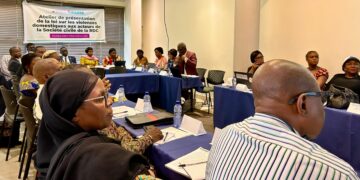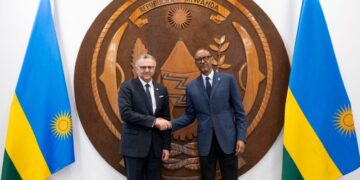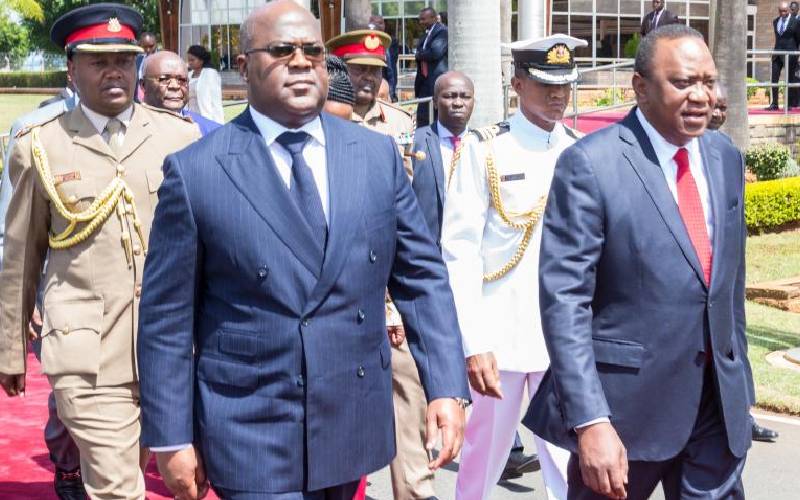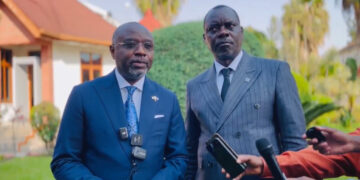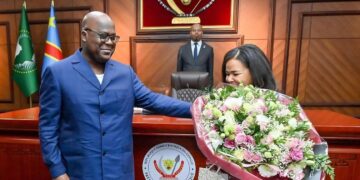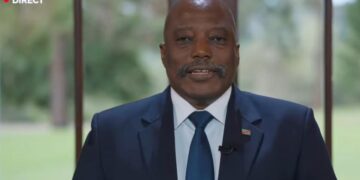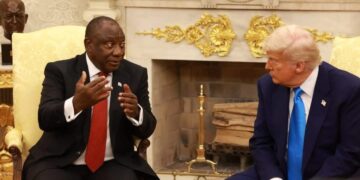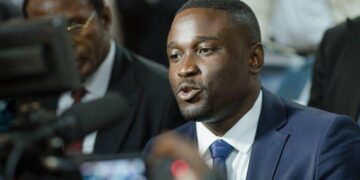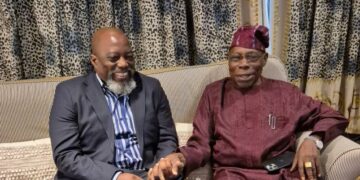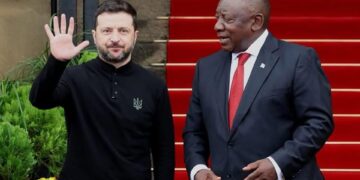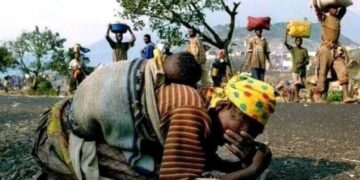The requisition, submitted on instructions from the Minister of Justice, seeks to initiate legal proceedings against Kabila, who currently holds the status of senator for life a role that grants him constitutional immunity from prosecution unless formally waived by the Senate.
The matter was officially acknowledged during a recent Senate plenary session, with Senate President Sama Lukonde confirming the receipt of the request. While the Senate has not disclosed the specific allegations behind the move, the case is already drawing intense attention due to the stature of the individual involved and the potential legal and political implications.
“The Senate will process this matter with the utmost respect for the Constitution of the Republic and its internal rules,” a spokesperson for the Senate stated. “We emphasize the importance of due process and institutional independence in such sensitive affairs.”
Joseph Kabila governed the DRC from 2001 to 2019 and continues to wield considerable political influence through his Common Front for Congo (FCC) coalition. Though he withdrew from the presidency following the 2018 elections, he has remained a key player in the country’s political dynamics.
Legal analysts note that the request marks an unprecedented step in the DRC’s post-independence history never before has a former head of state faced a formal legal challenge of this nature through institutional channels.
Civil society groups have praised the Senate’s pledge to act in line with the Constitution, calling it a sign of democratic maturity. However, some political figures allied with Kabila have questioned the motivations behind the request, warning against potential misuse of legal instruments for political ends.
The Senate is now expected to refer the matter to a special committee, which will examine the dossier and advise on whether the immunity should be lifted. Any final decision will be subject to a plenary vote.
As the process unfolds, the nation watches closely not only to see whether the rule of law prevails, but also whether this moment will set a lasting precedent for institutional accountability and the independence of the justice system in the DRC.




